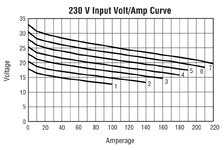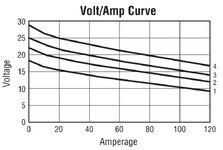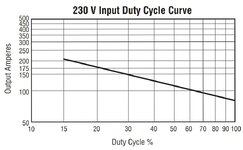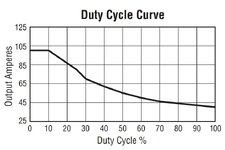What does this course offer him that he didn't pick up with the cert? If I were him I would be looking at getting into a shop and learning in the field and getting paid to learn vs paying a school to teach you basics. If he already has basics he should save his money. If he is going for a more specific type of welding or fab process then school is good but a lot of welders need apprentices that want to work and learn.My son's 18 birthday is coming up and he'll be attending MTEC's welding program in Utah this August. He already has a welding cert from a year long class he took in highschool, so knows his way around it a bit.
I do not. I know zilch about welding, other than I know there's tig, mig, stick.
I was thinking I'd look into getting him a welder for his birthday so he can hone his skills and maybe do some odd jobs in his spare time, and he would enjoy making various metals arts with it.
I'm unsure if I'd actually be able to find a way to get a dedicated 20-30 amp circuit in my house for a welder, but I'd try.
So.... If he is attending this https://mtec.edu/programs/welding-technology/ (you can see courses scrollling down and opening menu) what type of welder would be useful to him?
Is there a functional, decent welder that would be available for $200 or so that would function on a 20-30 amp circuit that would be useful to him ? Any recommendations?
When I was in highschool I did the same, went to trade school senior year and learn the basics in welding, wanted to extend my knowledge by going to a "trade" school for more offroading applications that had a $26K price tag and luckily for me my dad had a buddy who owned a fabrication shop and he told me that if I new the basics like welding cutting and common sense in a shop environment he would hire me and teach me what i needed to know. He also told me the kids coming out of that certain school didn't have any advantage over someone who knew the basic process' of welding and fab.
If I read it right the school is $6k plus, that could buy him whatever machine he wanted.




